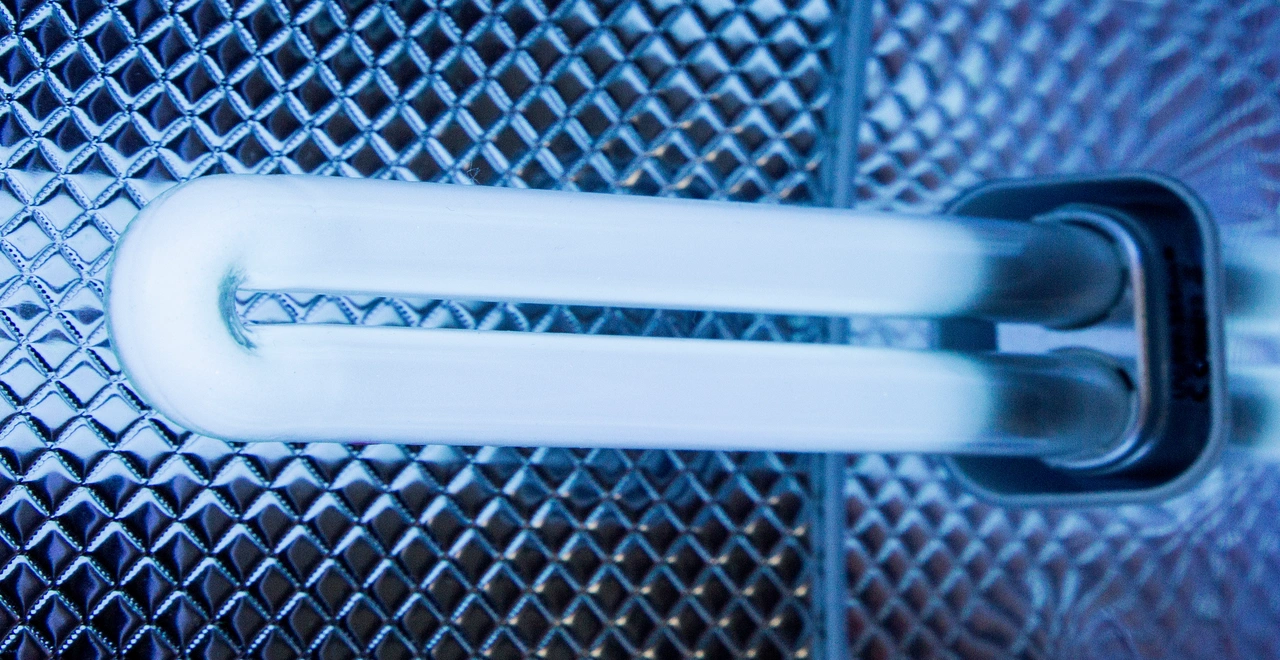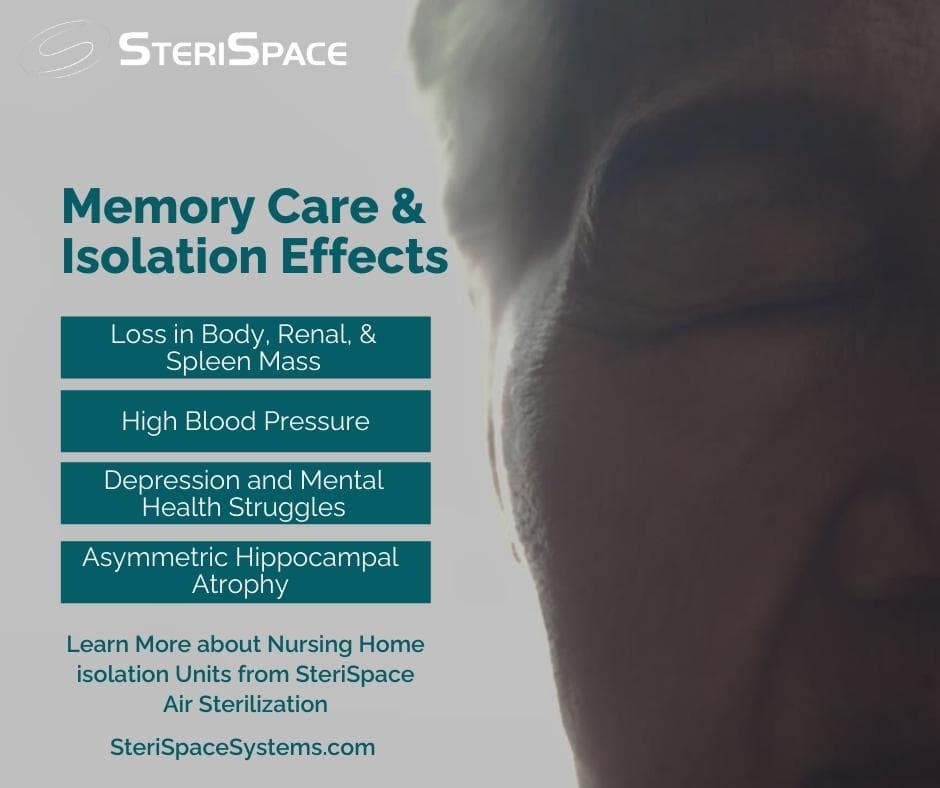
UV light for HVAC: Why Air Sterilization Is the Better Option
Air sterilization is a better option than UV light for HVAC systems. Discover why air sterilization is the best way to improve your indoor air quality.
The Alzheimer’s Association defines dementia as “the general term for loss of memory, language, problem-solving and other thinking abilities that are severe enough to interfere with daily life.” Alzheimer’s is the most common cause of dementia. Dementia is a very common illness that affects over 3 million American citizens a year.
Taking care of a loved one with memory inconsistencies can be difficult. That’s why there are facilities specifically for memory care and Alzheimer’s patients.

Mental health is a big part of memory care. For this reason, maintaining a positive mindset is essential, as mood plays a significant role for a resident with memory loss. Mood instability is just one of the many effects that isolation can have on a resident. Because mood plays a vital role, not only for cognitive health, it also has a dramatic ability to affect our body’s overall health. Therefore, isolation can have a profound impact on a person’s overall health, making them vulnerable to developing additional health problems that include:
In this study, individuals stated they felt increasingly anxious, agitated, and lonely after a term of isolation. This was made worse because of the COVID-19 pandemic, with isolation in nursing homes becoming unavoidable. At the height of the pandemic, some patients cited experiencing hallucinations because of prolonged periods of limited or no social interaction.
When your memory care facility is facing another contagious outbreak, think about installing SteriSpace units to keep everyone as safe as possible.
SteriSpace ensures infection containment by preventing the recirculation of any contaminated air by maintaining a negative pressure room. The healthy residents that are not in the unit would be safe and free to go about their daily activities within the nursing home.
SteriSpace Air Sterilization Technology is the newest in air cleaning advancements. HEPA, the industry-leading standard, is 99.97% effective at trapping pathogens to clean the surrounding air. SteriSpace’s technology is superior. Not only is it 99.9999% effective, but it is also more effective than HEPA. It destroys the pathogens rather than just trapping them using a patented compressive heating process.
To learn more about Isolation Units for Nursing Homes from SteriSpace please visit SteriSpace for Nursing Homes.

Air sterilization is a better option than UV light for HVAC systems. Discover why air sterilization is the best way to improve your indoor air quality.

A building’s indoor air quality and cleanliness matter. Click here for a guide to understanding the purpose of the Clean Air in Buildings Challenge.

Breathing in fresh, clean air is like a secret potion for our well-being and joyous existence.